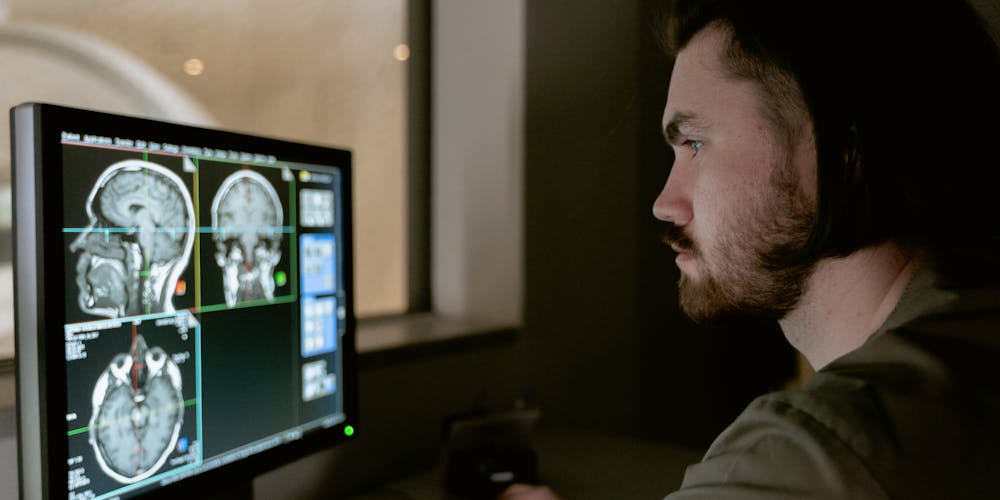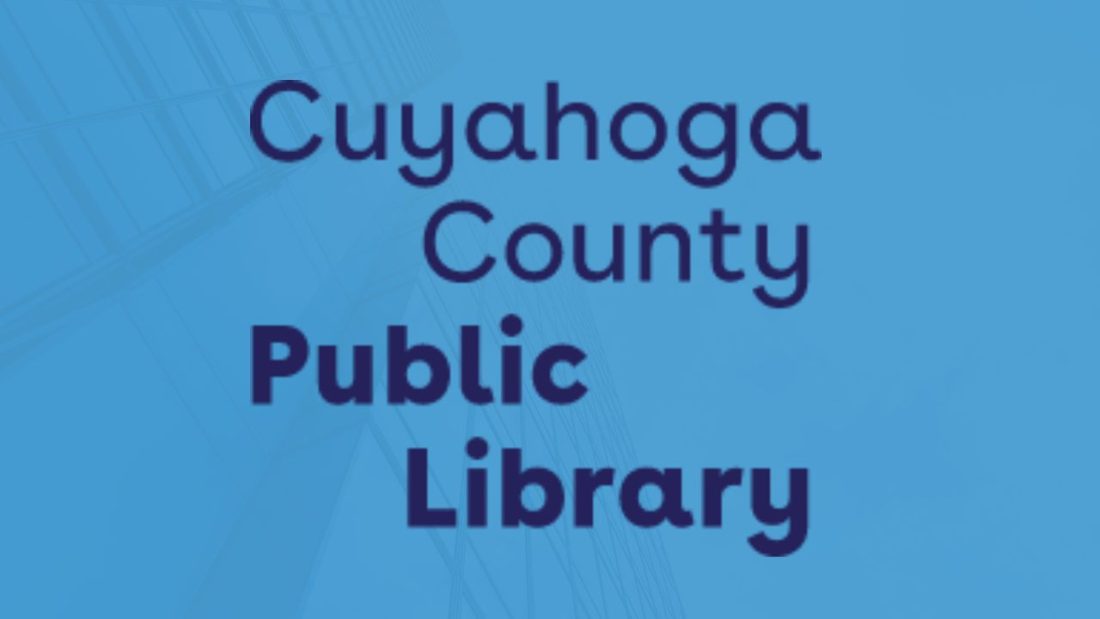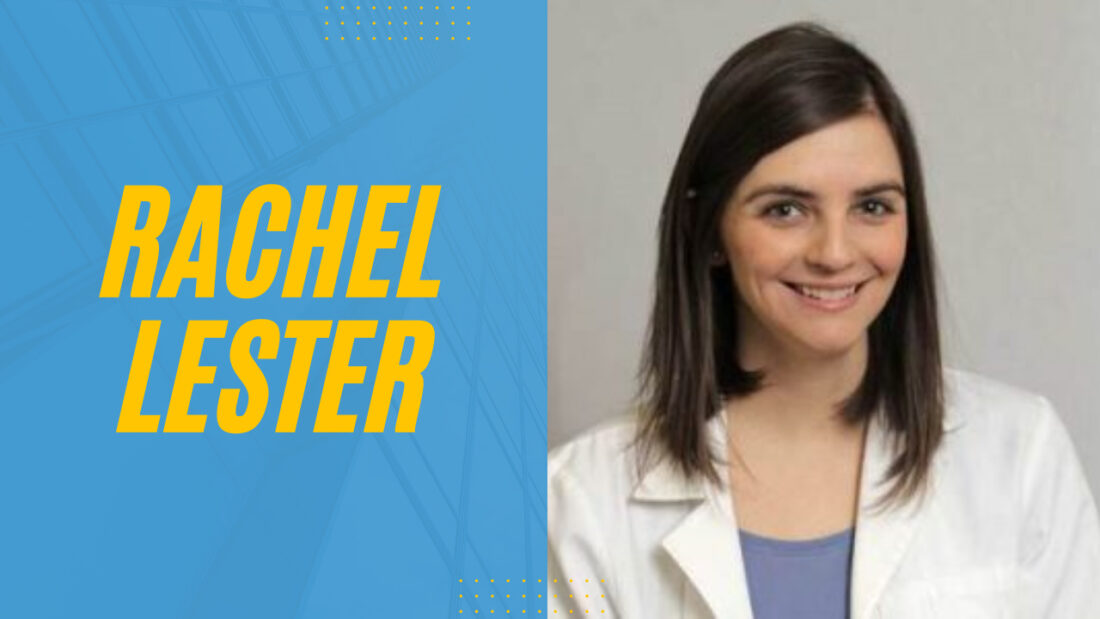Living with Multiple Sclerosis (MS) can present challenges, but it doesn’t have to define your life. From applying for Social Security disability benefits to finding resources for managing symptoms and improving overall wellness, there are organizations dedicated to supporting individuals with MS every step of the way.
Empowering Lives with Can Do Multiple Sclerosis
To better understand the everyday lives of those with MS, and the various centers of resources for those living with MS, the team at Liner Legal sat down with Kathy Costello, former nurse practitioner and current Chief Operating Officer of Can Do Multiple Sclerosis, to find out how they were helping those living with the disease.
Talking MS Awareness and Resources with CanDo Multiple Sclerosis:
Q: Hi Kathy, could you provide some background information on CanDo MS?
A: Sure! The organization’s mission is to empower people with MS, and to keep awareness active throughout the country. Through a variety of educational programs, resources, and wellness retreats, Can Do MS equips individuals with the knowledge, tools, and support they need to manage their condition and live their best lives. From educational webinars led by healthcare professionals to online communities where individuals can connect with peers, Can Do MS offers a holistic approach to MS management, focusing on exercise, nutrition, symptom management, and overall wellness.
Q: What is the focus of the programs that CanDo Multiple Sclerosis offers?
A: Our programs focus on meeting the needs and challenges of people living with MS and their care partners and families. Can Do MS covers health and wellness topics, including symptom management, nutrition, exercise, mental health, relationships, and working with MS, including disclosure, accommodations, and accessing social security disability benefits.
Q: Besides offering in-person support, how can MS patients and their families benefit from the offerings that CanDo Multiple Sclerosis provides?
A: At Can Do MS, we have a robust website with information in the form of resource web pages, but also lots of articles and videos, because we know that people learn in all kinds of different ways and we want to make sure that we provide different types of offerings so that everyone can enjoy the information and learn from the information that we have.
Q: What differentiates CanDo MS from more traditional medical practitioner centers?
A: Great question. There are 8,750 hours in a year. And as it turns out, when I was working at traditional hospitals, I might have seen any given person for 30 minutes twice a year. So there’s a whole life that someone’s living without you. And I don’t think that we (medical staff) attended well to that. I can’t speak for everyone, but I know for myself that you really weren’t thinking about all those other days and hours that someone was living their life, especially in regards to those living with MS.
And I think that’s where organizations like Can Do MS come in because that’s where we are. We’re helping people learn to live in their day-to-day world. And we keep asking ourselves: How can that be done best? And so I think that what I learned from academic medicine is some of the needs that people would say to me, and then now how that traditional medical knowledge can be combined with daily, holistic care.
Q: In terms of treatment and treatment plans, what do you recommend for someone who was recently diagnosed with MS?
A: Well, it sounds very cliche but it’s very true that knowledge really is power. So, understanding the disease and the treatment landscape is very important. And then also asking: So what is this disease? What is it doing in the central nervous system? Why are disease-modifying therapies important? What kind of conversation should I be having with my healthcare provider so that I feel most comfortable with moving forward with treatment? And what things can I do? What can I take care of as someone living with this disease to give myself the best chance of positive outcomes?
And so that’s the lifestyle piece. And to me, it’s learning – it’s learning how to interact with the healthcare team so that your questions are answered. It’s also understanding that you need shared decision-making conversations with your healthcare providers. This means that what you bring as a person to the table needs to be valued as much as what the physician brings to the table. And so that in that way, people become very confident which leads to MS patients having increased self-efficacy in managing the disease moving forward.
Q: Lastly, what does the coming future look like for Can Do Multiple Sclerosis?
A: Thanks for asking. We just built a new website, and we recently had a brand refresh in 2023. And so as we move forward with that, we plan to have more robust content on our website and personalize it so that as we learn about what people are interested in, we can correspond with them and indicate the new features that are on the website that might be of interest to them. In summary, our current plans for the near future of Can Do MS include expanding our offerings, increasing the amount of content and the types of content that we have on our website, and working with community partners and organizers to promote research studies and MS awareness opportunities.
Living with MS comes with its challenges, but with the right support and resources, individuals can lead fulfilling and empowered lives. If you or a loved one is currently diagnosed with Multiple Sclerosis and are looking for resources, go to https://cando-ms.org/.
Applying for Social Security Disability Benefits with MS
Applying for Social Security disability benefits can be a difficult and confusing process, especially when managing the symptoms of MS. Individuals with MS may qualify for Social Security Disability Insurance (SSDI) or Supplemental Security Income (SSI) benefits if they meet certain criteria, including having a medically determinable impairment that prevents them from engaging in substantial gainful activity (SGA). Gathering medical documentation, completing the application accurately, and seeking assistance from advocacy organizations or legal professionals can increase the chances of a successful application.
Navigating the Social Security Disability claims process doesn’t have to be overwhelming. With Liner Legal, you have a partner every step of the way. Contact us today via phone at (216) 282-1773, or by submitting an application on our homepage, www.linerlegal.com, to schedule your consultation and learn how we can help secure your future.







